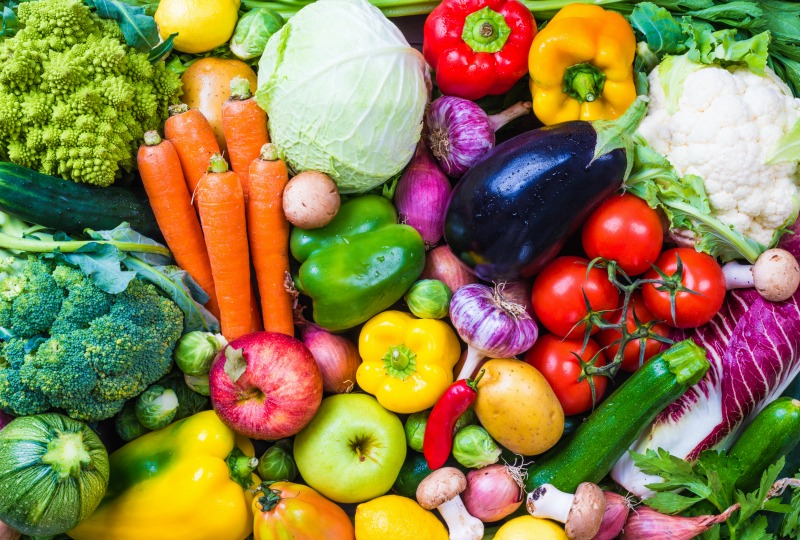Gut Bacteria
This is such an exciting time for nutritional science, especially in the field of the gut microbiome (gut bacteria) because current research has found that the gut bacteria has an influence over so much more than immune function and digestion. The quality and variety of bacteria that live in our gut has been shown to be directly associated with mental health illnesses, weight problems, type 2 diabetes, inflammatory responses and a whole host of other chronic diseases. It is even being suggested that our gut bacteria have an influence over the expression of our human genes, conferring the idea that epigenetics can determine whether our genetic weaknesses are expressed, or not. The really exciting aspect of this is our ability to affect the microbiome through diet and lifestyle.
There are many factors that can influence the quality of our gut flora. Negative Influences include the more obvious and well known issues of antibiotics ove-use, steroids and excessive amounts of alcohol, sugar and gluten. Less well known, the contraceptive pill, anti-inflammatory medications, environmental pollutants, genetically modified foods, lack of sleep, prolonged stress, highly processed foods, chlorinated water, processed cooking oils, artificial sweeteners to name but a few.
Hence, we have to put some effort in to really supporting our gut health. This is simply done, but needs to be done daily and for the long term as the gut bacteria are constantly under attack.
The key ways to support a healthy gut microbiome:
- Plenty of fresh veg – the fibre in vegetables are known as pre-biotics, providing food for our good bacteria.
- Fermented Foods – foods containing live bacteria and lactic acid serve to create the ideal environment for our good bacteria to thrive, while suppressing growth of the nasty ones while taking live bacteria in to the gut. The most commonly eaten fermented food in the UK is probably live yogurt, which is a good start, but actually contains relatively few desirable strains of bacteria. For greater quality and quantity of good bacteria, aim to eat raw sauerkraut or kimchi (fermented veg), water kefir or dairy kefir and
kombucha (fermented tea). - Eat whole foods, greatly minimise processed foods (aim for no more than 4 ingredients if you are buying packaged foods) and cut the sugars and the grains.
- Get more sleep!
- Manage your stress and prioritise a least a few minutes a day to stop and BE.
- Take time to eat – focus on your food when eating, take some deep breaths before starting to eat and the chew, chew and chew a bit more.
- Being too clean is NOT helpful – greatly reduce use of household bleaches and stop using hand sanitizers.
- Get a dog! Dog owners and people who work with animals (gardeners too) are known to have far more diverse and healthy git bacteria.
So, spending a little extra effort to feed our gut bacteria well, we can greatly influence the health of our future.
The power of gut bacteria was written by:
Stephanie Moore MA(Hons) BA(Hons) BSC(Nut.Med)
Clinical Nutritionist • Weight & Health Coach • Eating Disorders Counsellor




